
St. Mary Magdalene – Apostle to the Apostles – forgiven despite her “sordid reputation…”
* * * *
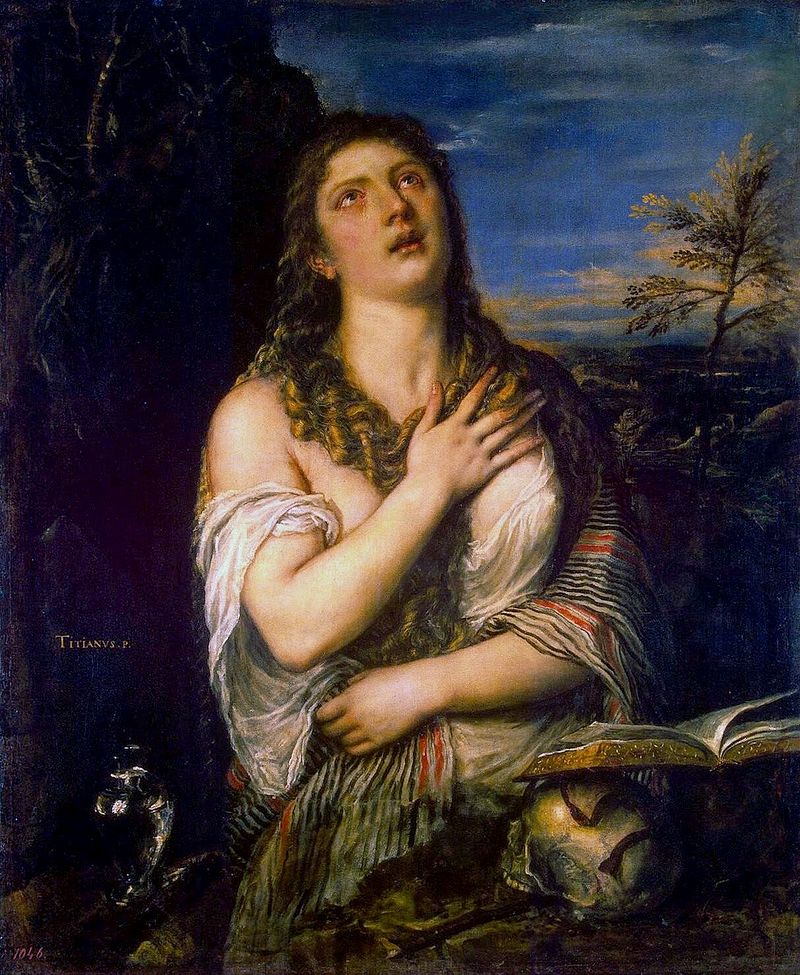 Next Monday, July 22, is the feast day for Mary Magdalene. And as her Collect for the Day says, it was Jesus Christ Himself who “restored Mary Magdalene to health of body and of mind, and called her to be a witness of his resurrection.” She did, and set an example for us all.
Next Monday, July 22, is the feast day for Mary Magdalene. And as her Collect for the Day says, it was Jesus Christ Himself who “restored Mary Magdalene to health of body and of mind, and called her to be a witness of his resurrection.” She did, and set an example for us all.
And she did all that despite what was possibly a sordid past – and what was in fact a really lousy reputation.
As to the confusion around that issue, “Mary” was an very common name at the time of Jesus. This particular Mary was born in Magdala, where her name came from: “Mary from Magdala,” or Magdalene. It’s not clear where Magdala is, but most Christian scholars assume it’s “the place the Talmud calls Magdala Nunayya.” (“Tower of the fishes.”)
I wrote about Mary in Mary Magdalene, and “conserving talents,” and Mary Magdalene, “Apostle to the Apostles.” The latter noted that Mary’s reputation as a “ho” probably came from a mix-up between Mary from Magdala and the “unnamed sinner who anoints Jesus’ feet in Luke 7:36-50.” (And maybe from male disciples jealous of her showing courage when they didn’t?)
Mary Magdalene, the anointing sinner of Luke, and Mary of Bethany, who in John 11:1-2 also anoints Jesus’ feet, were long regarded as the same person. Though Mary Magdalene is named in each of the four gospels … none of the clear references to her indicate that she was a prostitute or notable for a sinful way of life, nor link her with Mary of Bethany.
Whatever the answer to that question, it’s clear that Mary Magdalene showed more courage and faith than the original 11 disciples, when push came to shove. Which is why St. Augustine called her the “Apostle to the Apostles.” See also Mary of Magdala | FutureChurch:
Mary of Magdala is perhaps the most maligned and misunderstood figure in early Christianity… Since the fourth century, she has been portrayed as a prostitute and public sinner… Paintings, some little more than pious pornography, reinforce the mistaken belief that sexuality, especially female sexuality, is shameful, sinful, and worthy of repentance. Yet the actual biblical account of Mary of Magdala paints a far different portrait than that of the bare-breasted reformed harlot of Renaissance art.
The one indisputable fact seems to be that Mary Magdalene was the first person to see the empty tomb of Jesus. And one of the first – if not the first – to see the risen Jesus. Which may explain why some jealous male followers tried to sully her reputation.
There’s more in that post on Mary, including an explanation of how the word maudlin – a dramatically shortened version of Magdalene – came to mean “tearfully or weakly emotional.”
Then there’s the post Mary Magdalene, and “conserving talents,” from last July, 2018. It was an early post exploring the idea of “conservative” Christians playing it safe, which then led to the conclusion, “There’s no such thing as a ‘conservative Christian.’” (Based on the Parable of the talents from a July 2018 DOR, where the “wicked, lazy servant” – given one talent – is the functional equivalent of today’s “conservative Christian,” who feels his job in life is simply to “avoid sin.”)
Which also brings up a standard conservative – and sometimes “Conservative Christian” – rant that all immigrants must follow all the rules and regulations. (Like in a recent response I got on Facebook.) So one point is this: Jesus came into the world to save sinners, not those who try to “follow all the rules and regulations.” (Mark 2:17, and 1st Timothy 1:15.)
That is, Jesus didn’t come into the world to preach to those people bent on following the letter of the law. (Pharisees and such.) That was mostly because – as Paul noted in 2d Corinthians 3:6 – “The old written covenant ends in death; but under the new covenant, the Spirit gives life.” In other words, if simply following all rules and regulations was enough, there would have been no need for Jesus to come here in the first place.
(Also, Jesus “cast out seven demons” from Mary, then she and other women supported Him and His disciples “out of their own means.” Luke 8:1-3. In a similar way, illegal immigrants – who arguably don’t follow all rules and regulations either – paid some 12 billion dollars into Social Security, but most won’t be able to collect a dime. Trump’s false claim [about] undocumented immigrants.)
To repeat, in a recent Facebook interaction (with a Wall Supporter) I got the response that he was fine with LEGAL immigrants, as long as they followed “all the rules and regulations.” Which sent me back to my Bible. AND what it says about “following rules and regulations.” For example, Romans 3:10 said, “As it is written: ‘There is no one righteous, not even one.'” (Citing Psalm 14:3, “All have turned away, all have become corrupt; there is no one who does good, not even one.”)
Then of course there’s JOHN 8:7, “let the one who has never sinned throw the first stone!”
 Then too there’s James 2:10, “Whoever keeps the entire law, and yet stumbles at one point, is guilty of breaking it all.” And that’s not to mention Deuteronomy 10:19, “You are to love the foreigner, because you were foreigners in the land of Egypt.” (In the Christian Standard Bible, “You are also to love the resident alien, since you were resident aliens in the land of Egypt.”)
Then too there’s James 2:10, “Whoever keeps the entire law, and yet stumbles at one point, is guilty of breaking it all.” And that’s not to mention Deuteronomy 10:19, “You are to love the foreigner, because you were foreigners in the land of Egypt.” (In the Christian Standard Bible, “You are also to love the resident alien, since you were resident aliens in the land of Egypt.”)
See also Exodus 22:21, “You must not exploit or oppress a foreign resident, for you yourselves were foreigners in the land of Egypt.” And Exodus 23:9, ““Do not oppress a foreigner; you yourselves know how it feels to be foreigners, because you were foreigners in Egypt.”
Not to mention Numbers 15:16, above left: “The same laws and regulations will apply both to you and to the foreigner residing among you.” (Mirrored in Leviticus 24:22, “You are to have the same standard of law for the foreign resident and the native; for I am the LORD your God.”
But the kicker came – I said on Facebook – when Jesus said the standard of justice we use against others is the same standard that He and God will apply to us. (Matthew 7:2.)
All of which is another way of saying if you can’t follow the rules and regulations – and the Bible says you can’t, which is why Jesus came the first place – you can’t reasonably expect “foreigners” to follow them either. (Especially when they’re fleeing corruption, rape and murder.)
Then too, if you go around demanding that your fellow human beings have to abide by “all the rules and regulations” – and especially when seeking asylum from corruption, rape and murder – you can expect precious little mercy and compassion when your time comes.
For myself, I’m inclined to give all people a break and show some compassion. (While trying to find a fair, humane and reasonable solution to the problem, while not advocating “open borders.”) That way I can expect a break from God when my time comes. Because – as Napoleon once said – “Men are moved by two levers only: fear and self interest.”
Which is a dang good reason to read the Bible…
* * * *

Another man wanting to be “leader for life.” (But who didn’t have bone spurs…)
* * * *
The upper image is courtesy of Mary Magdalene – Wikipedia. Caption: “‘Appearance of Jesus Christ to Maria Magdalena’ (1835) by Alexander Andreyevich Ivanov. In John 20:1–13, Mary Magdalene sees the risen Jesus alone and he tells her ‘Don’t touch me, for I have not yet ascended to my father.'”
The first image in the text is courtesy of en.wikipedia.org/wiki/Penitent_Magdalene_(Titian,_1565).
Re: “Jesus Christ Himself.” The allusion is to John C.H. Lee, a “career US Army engineer, who rose to the rank of lieutenant general and commanded the Communications Zone in the European Theater of Operations during World War II.” As one source put it, “The biggest jerk in ETO was Lt. Gen. John C.H. Lee … commander of Services of Supply (SOS)… Lee was a martinet who had an exalted opinion of himself. He also had a strong religious fervor (Eisenhower compared him to Cromwell) that struck a wrong note with everyone… He had what Bradley politely called ‘an unfortunate pomposity’ and was cordially hated. Officers and men gave him a nickname based on his initials, J.C.H. — Jesus Christ Himself.” (See World War II Profiteers.) Note that Wikipedia had a slightly different take. For example, “A man of strong religious convictions, he urged that African-Americans be integrated into what was then a segregated Army.” As to his “retirement and honors:”
Lee was made an honorary member of the French Foreign Legion, the II Polish Corps, the Italian Bersaglieri and several Alpini Regiments. He was declared an honorary Citizen of Cherbourg in France, and Antwerp and Liege in Belgium, was given the school tie of Cheltenham College in England, and awarded an honorary doctor of law degree… Lee was an Episcopalian and kept a Bible with him at all times. [Like George Patton, who was also Episcopalian.] He declined post-war invitations to serve as a corporate board executive, preferring to devote his life to service. [Unlike some generals.] In retirement he spent his last eleven years leading the Brotherhood of St. Andrew, a lay organization of the Episcopal Church, as executive vice president from 1948 to 1950, and then as its president.
Re: George Patton as Episcopalian. See On “Patton,” Sunday School teacher.
Re: “Ho.” The link is to Definition of ho – The Online Slang Dictionary. It was the only one that offered both adequate background and was “fit for family consumption.” Plus it didn’t use “cookies.”
Re: “Rules and regulations.” I Googled “immigrants must follow rules” and got 53,600,000 results.
The Numbers 15:16 image is courtesy of Foreigners In That Land Egypt – Image Results.
The lower image is courtesy of Napoleon – Wikipedia. See also Top 10 Napoleon Bonaparte Quotes | Napoleon, which added, “Never interrupt your enemy when he is making a mistake.”
* * * *
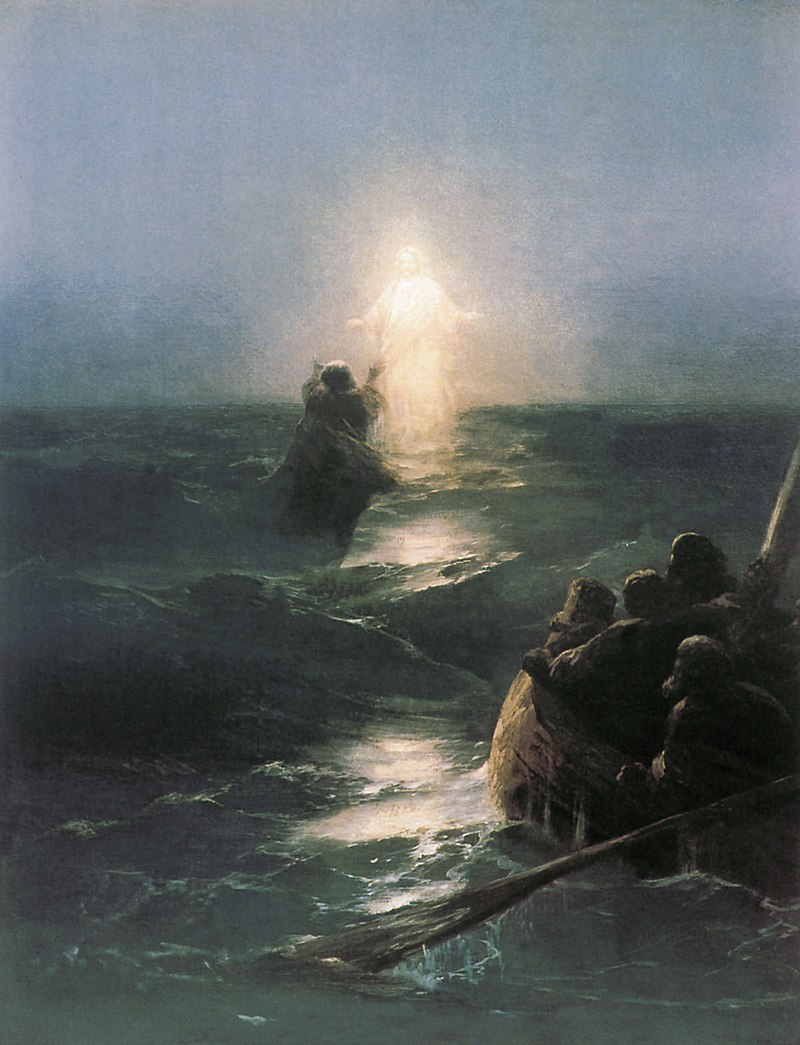
 We’re now in the “Week of the Second Sunday of Easter (April 28 – May 4).” Which makes this a good time to review
We’re now in the “Week of the Second Sunday of Easter (April 28 – May 4).” Which makes this a good time to review  To make a long story short, it seems to me that
To make a long story short, it seems to me that  In fact his faith grew so much that he became
In fact his faith grew so much that he became 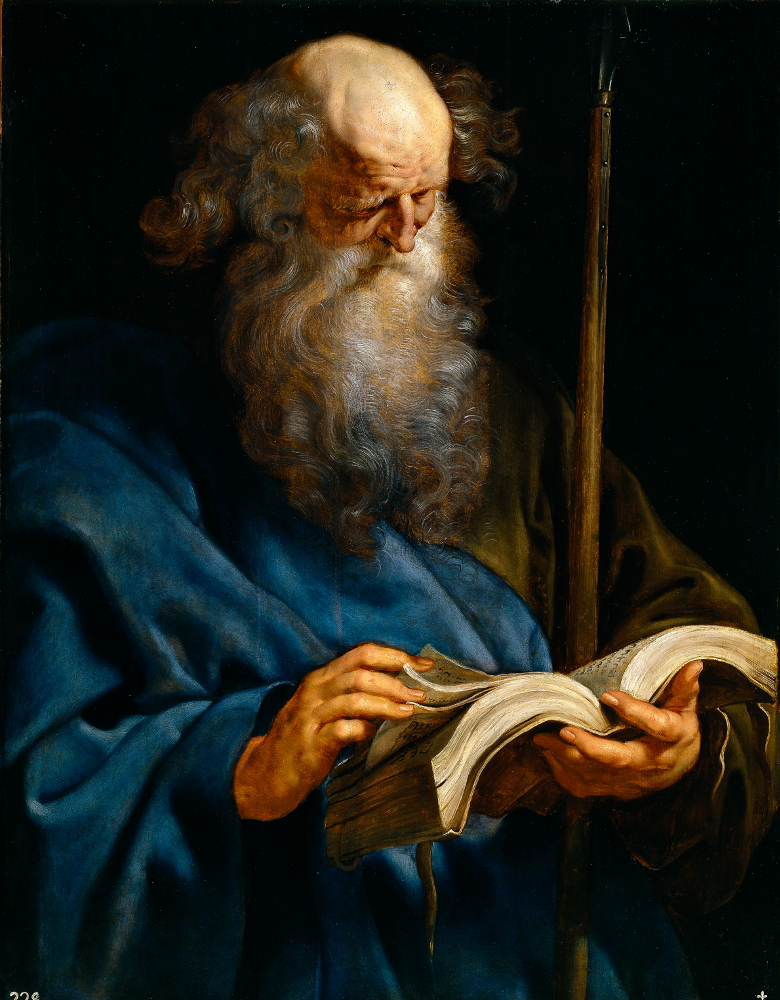
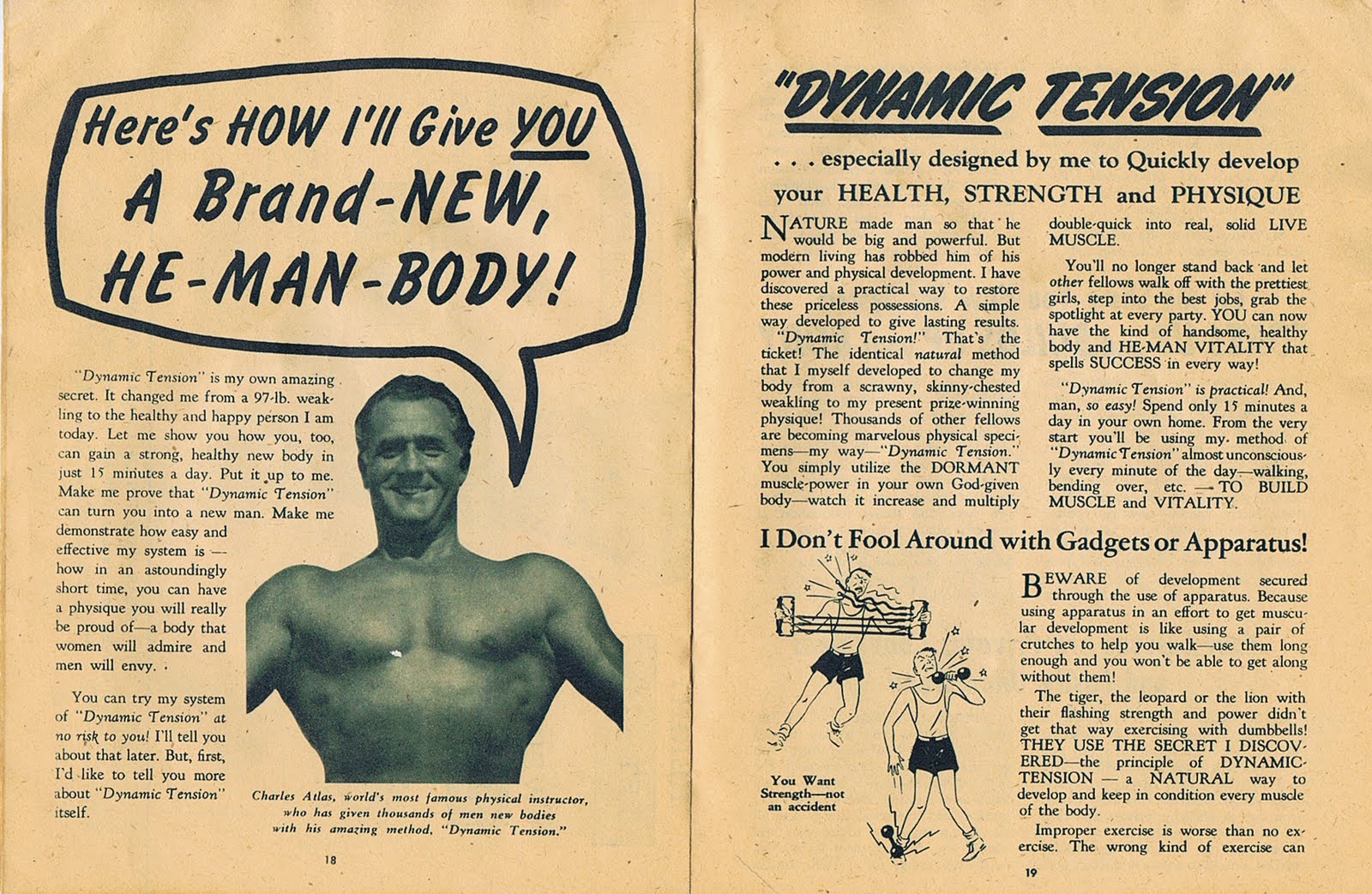
 That part of this year’s discipline will be so hard – take up so much time – that I haven’t a prayer of doing a new post on it within a reasonable time after my last post. (
That part of this year’s discipline will be so hard – take up so much time – that I haven’t a prayer of doing a new post on it within a reasonable time after my last post. ( Or as I’ve noted, “If Jesus was a conservative, how come we’re not all Jewish?” Or see
Or as I’ve noted, “If Jesus was a conservative, how come we’re not all Jewish?” Or see 
 That didn’t work, so in 1992 I added the discipline of daily Bible reading. (See
That didn’t work, so in 1992 I added the discipline of daily Bible reading. (See  Was Moses the first to say “it’s only weird if it doesn’t work
Was Moses the first to say “it’s only weird if it doesn’t work
 The thing is, this business of “helping your team win” has been around a long, long time. (Longer even than “
The thing is, this business of “helping your team win” has been around a long, long time. (Longer even than “
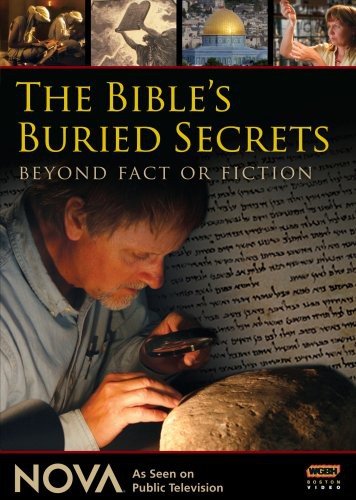 The other night I watched
The other night I watched 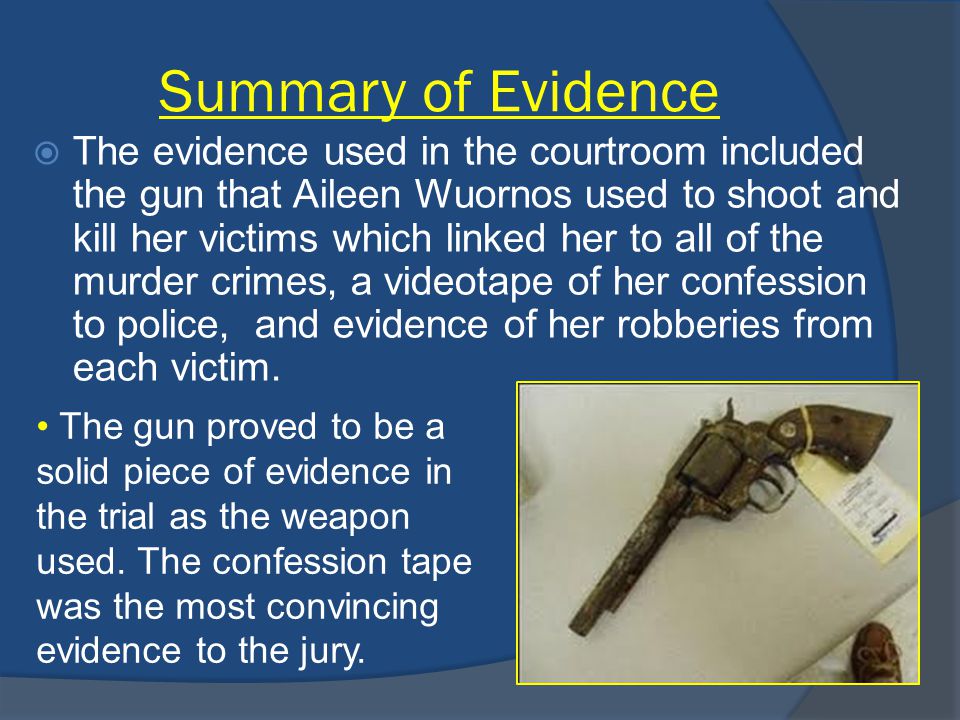 My theory is that you can’t “prove” the Bible-faith by scientific or
My theory is that you can’t “prove” the Bible-faith by scientific or ![Jesus Christ, Public Defender: and Other Meditations on the Bible, For Baby-boomers, âNonesâ and Other Seekers by [Ford, James B.]](https://images-na.ssl-images-amazon.com/images/I/41fojjkSE%2BL.jpg) That’s a thought from my e-book “Jesus Christ, Public Defender.” Near the end of Chapter 8, I wrote about the early years, when I’d just started daily Bible readings and applying them to my own life. (And in particular to my own “obsession,” college football.)
That’s a thought from my e-book “Jesus Christ, Public Defender.” Near the end of Chapter 8, I wrote about the early years, when I’d just started daily Bible readings and applying them to my own life. (And in particular to my own “obsession,” college football.)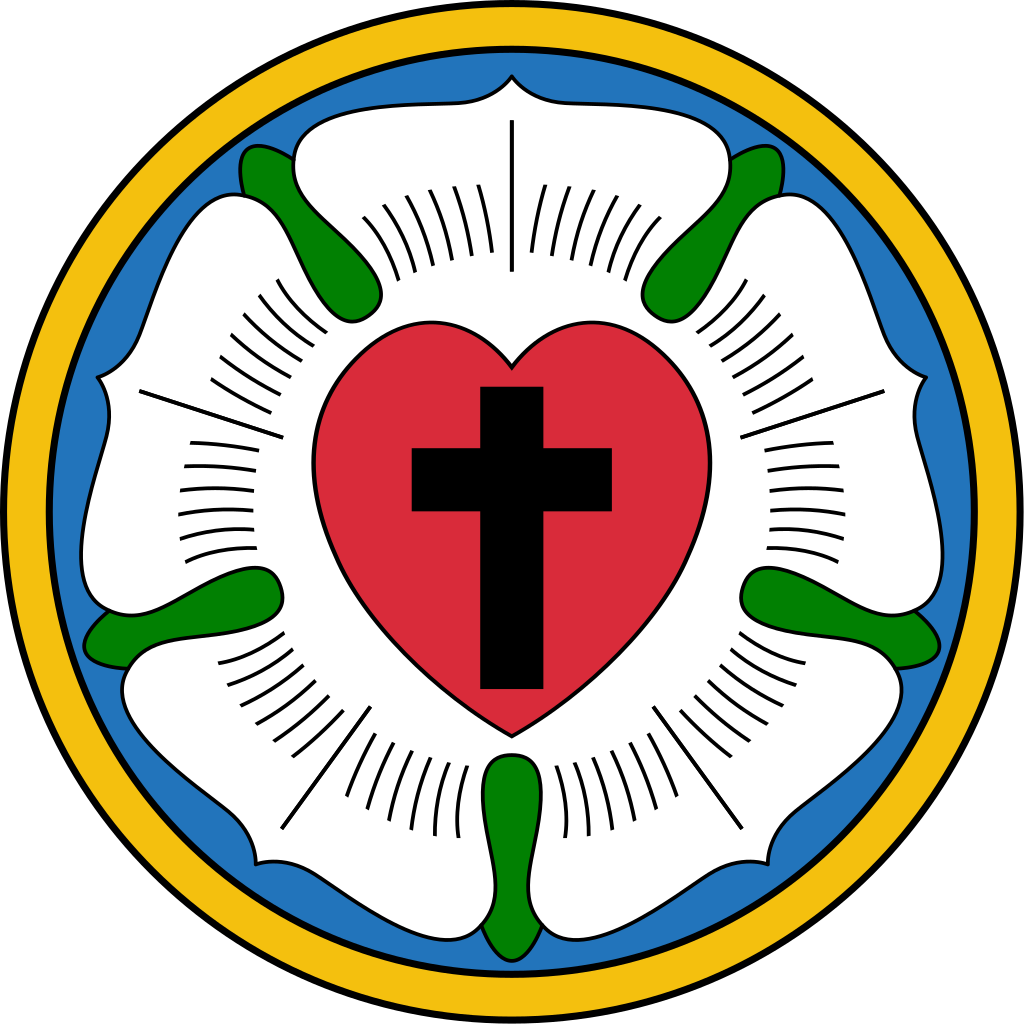 But the big question remains: What are you going to do with that gift? Or in Christian terms, “How are you going to help spread
But the big question remains: What are you going to do with that gift? Or in Christian terms, “How are you going to help spread 
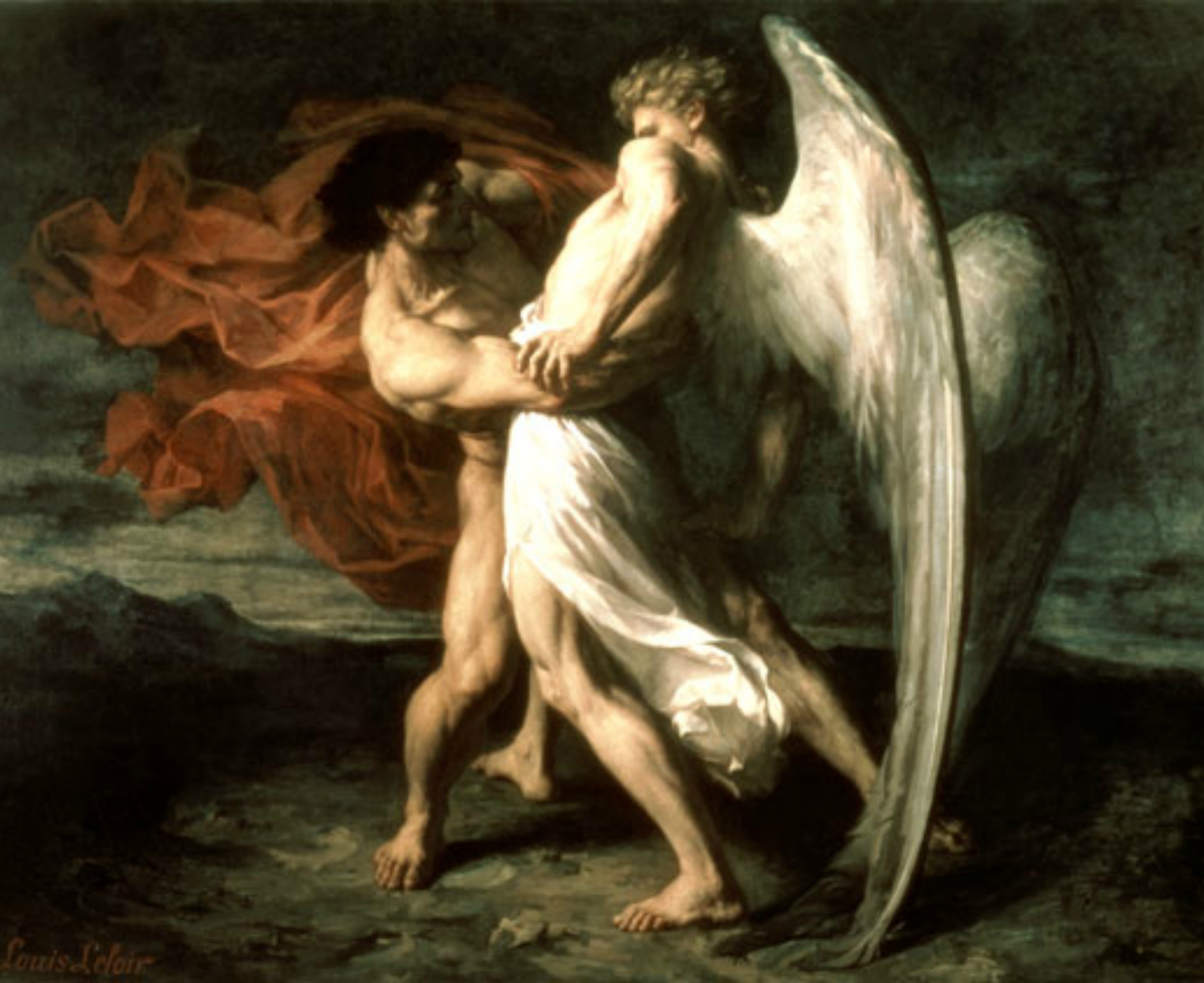
 In one sense it talks about being
In one sense it talks about being 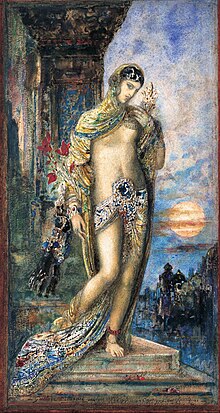 I figured that’d get people’s attention, but the chapter also asks questions like: Why don’t Bible Literalists interpret the “Songs of Songs” literally? Why don’t they adhere to the “exact letter or the literal sense” for this book, like all the others in the Bible?
I figured that’d get people’s attention, but the chapter also asks questions like: Why don’t Bible Literalists interpret the “Songs of Songs” literally? Why don’t they adhere to the “exact letter or the literal sense” for this book, like all the others in the Bible?![âÂÂThereâÂÂs No Such Thing as a Conservative ChristianâÂÂ: and Other Such Musings on the Faith of the Bible by [Ford, James B.]](https://images-na.ssl-images-amazon.com/images/I/41I-p6zVnFL.jpg)
 Re: Butterflies and cocoons. See also
Re: Butterflies and cocoons. See also 
 This is an
This is an  But there is an alternative. When you join the real “Army of Christ” you don’t have to spend your career going over the basics, going over the “fundamentals” again and again.
But there is an alternative. When you join the real “Army of Christ” you don’t have to spend your career going over the basics, going over the “fundamentals” again and again. I’ve used various terms to describe this type of too-literal Christian. (Not always charitably.) I’ve called them
I’ve used various terms to describe this type of too-literal Christian. (Not always charitably.) I’ve called them  On that note see
On that note see 

 First a note: I originally posted this on January 23, 2015. But yesterday, reading over some old posts, I noticed the bottom picture in this one was missing. Or more precisely there was a box with some information written inside, probably “URL” information or the like. So I decided to re-post this one, and may do the same with others, like
First a note: I originally posted this on January 23, 2015. But yesterday, reading over some old posts, I noticed the bottom picture in this one was missing. Or more precisely there was a box with some information written inside, probably “URL” information or the like. So I decided to re-post this one, and may do the same with others, like  We can start with the fact that the name “Israel” referred to a man who literally wrestled with God. (See
We can start with the fact that the name “Israel” referred to a man who literally wrestled with God. (See  See
See  In the fullness of time, Jacob went on to “wrestle with God” and become the patriarch Israel,as told in Genesis 32:22-32. He fathered 12 sons, who became the 12 tribes of Israel: “The children named in Genesis were
In the fullness of time, Jacob went on to “wrestle with God” and become the patriarch Israel,as told in Genesis 32:22-32. He fathered 12 sons, who became the 12 tribes of Israel: “The children named in Genesis were 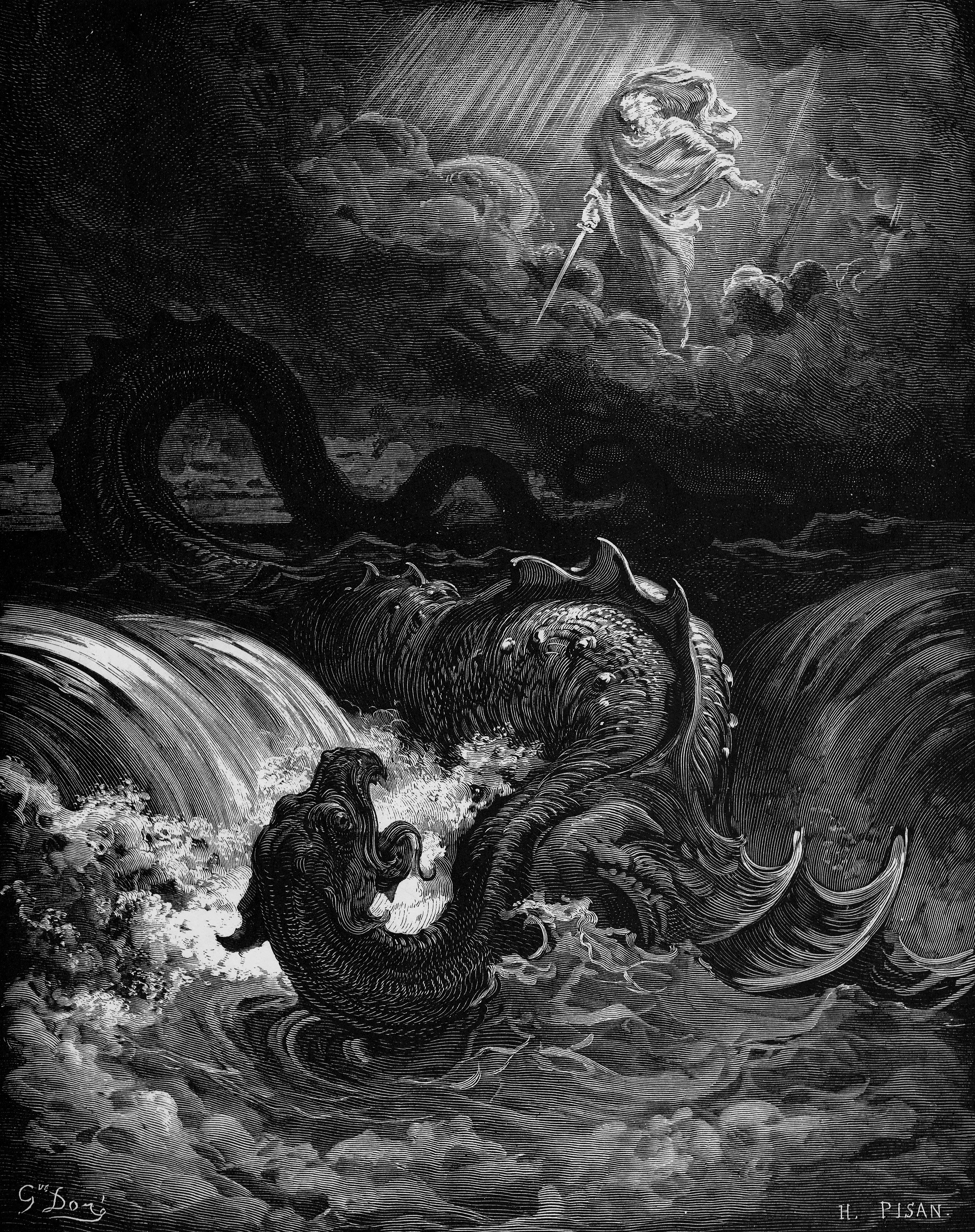
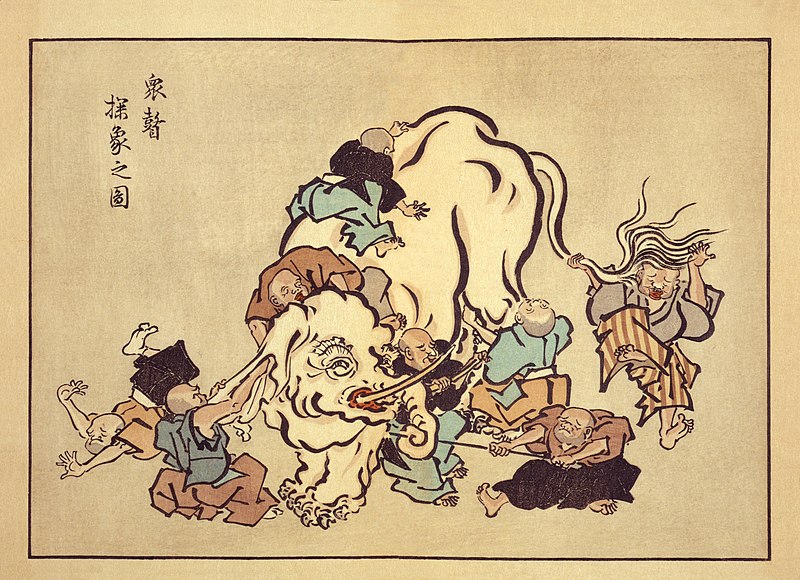
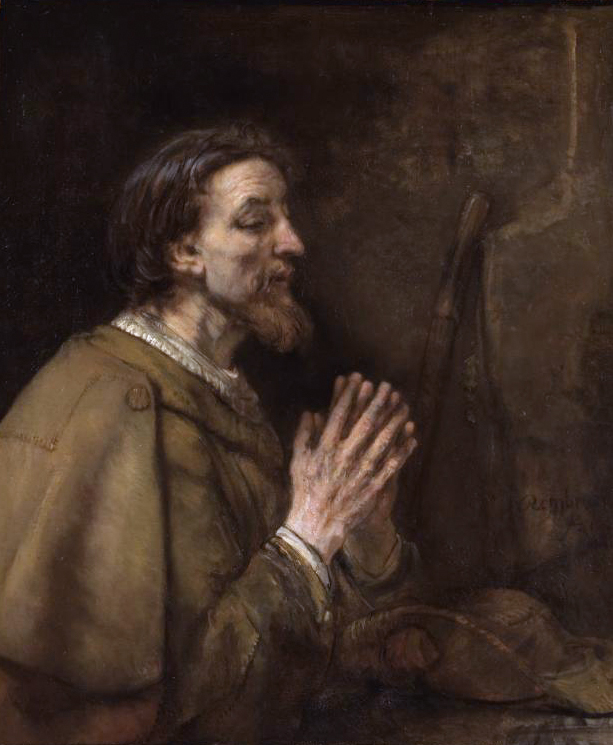 According to
According to  Be that as it may, here’s what the Wikipedia article said about this particular “10/23” James – whose “icon” is shown at right:
Be that as it may, here’s what the Wikipedia article said about this particular “10/23” James – whose “icon” is shown at right:
 I’ve been listening to the book-on-CD version of
I’ve been listening to the book-on-CD version of  And incidentally,
And incidentally, 